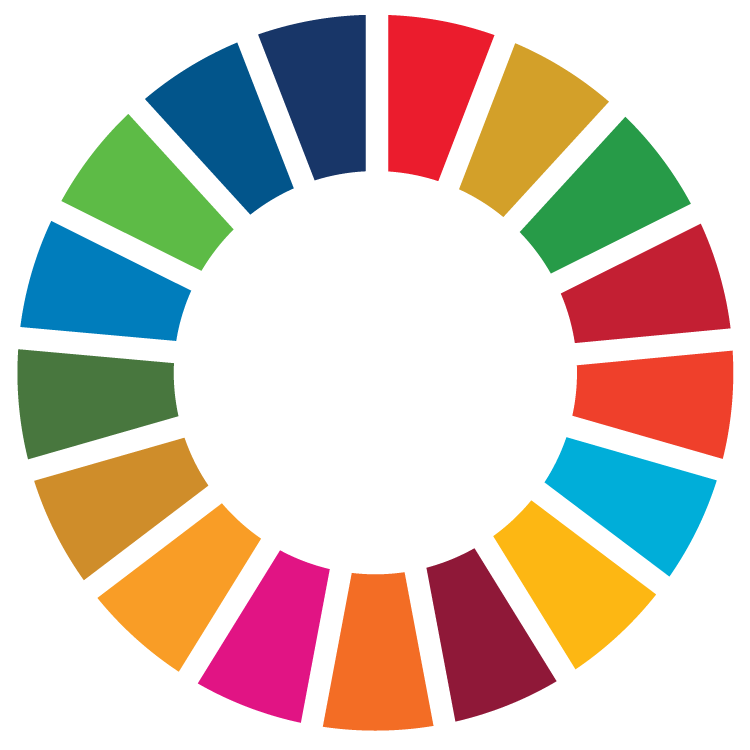Food justice is a social movement that sees healthy, culturally appropriate food as a human right and addresses structural barriers to food through systems change at all levels of the food system. In Minnesota and in the US more broadly, two significant crises of systemic racism and COVID-19 further destabilize food systems and disproportionately affect communities of color, low-income and immigrant communities. Local communities are proactively working to ensure food access and food justice.
In the past few months since the COVID-19 pandemic swept the world, farmers have experienced losses that they had never envisioned before both within the US and globally. Farmers from all parts of the United States—from Midwestern dairy farmers to green bean farmers in Florida—have been forced to destroy harvests due to a severe decline in demand for their products as a result of the closures of restaurants, schools, hotels and other food service outlets.
At the same time, the closure of food distribution outlets and other workplaces have meant the double blow of losses of jobs and income for the workers in these facilities and also the loss of access to food in many Minnesota neighborhoods. Food justice work is more crucial than ever to meet Sustainable Development Goal 2 which calls for ending hunger and ensuring access by all people to safe, nutritious and sufficient food.
In this second webinar of a series on issues related to the Sustainable Development Goals, a panel of community-engaged scholars and advocates working in the Food Justice field will discuss food justice issues in Minnesota communities and how they are working with these communities to promote equitable and fair access to healthy, culturally appropriate foods.
Panelists:
- Jamie Bain, Coordinator, Metro Food Access Network; Associate Extension Professor, Family Development, University of Minnesota Extension
- Julie Grossman, Associate Professor, Department of Horticultural Science, College of Food, Agricultural and Natural Resources Sciences, University of Minnesota
- Reginaldo Haslett-Marroquin, Lifetime Ashoka Fellow, Ashoka; Founder and President, Regenerative Agriculture Alliance
- Lisa Wong, SNAP-Ed Regional Coordinator, University of Minnesota Extension
Moderators:
- Karen Brown, PhD, Co-Lead UMN Sustainable Development Goals Initiative, University of Minnesota
- Katey Pelican, DVM, PhD, Co-Lead UMN Sustainable Development Goals Initiative, University of Minnesota
If you were unable to attend the meeting, please feel free to view the presentation recording or download the slides.

